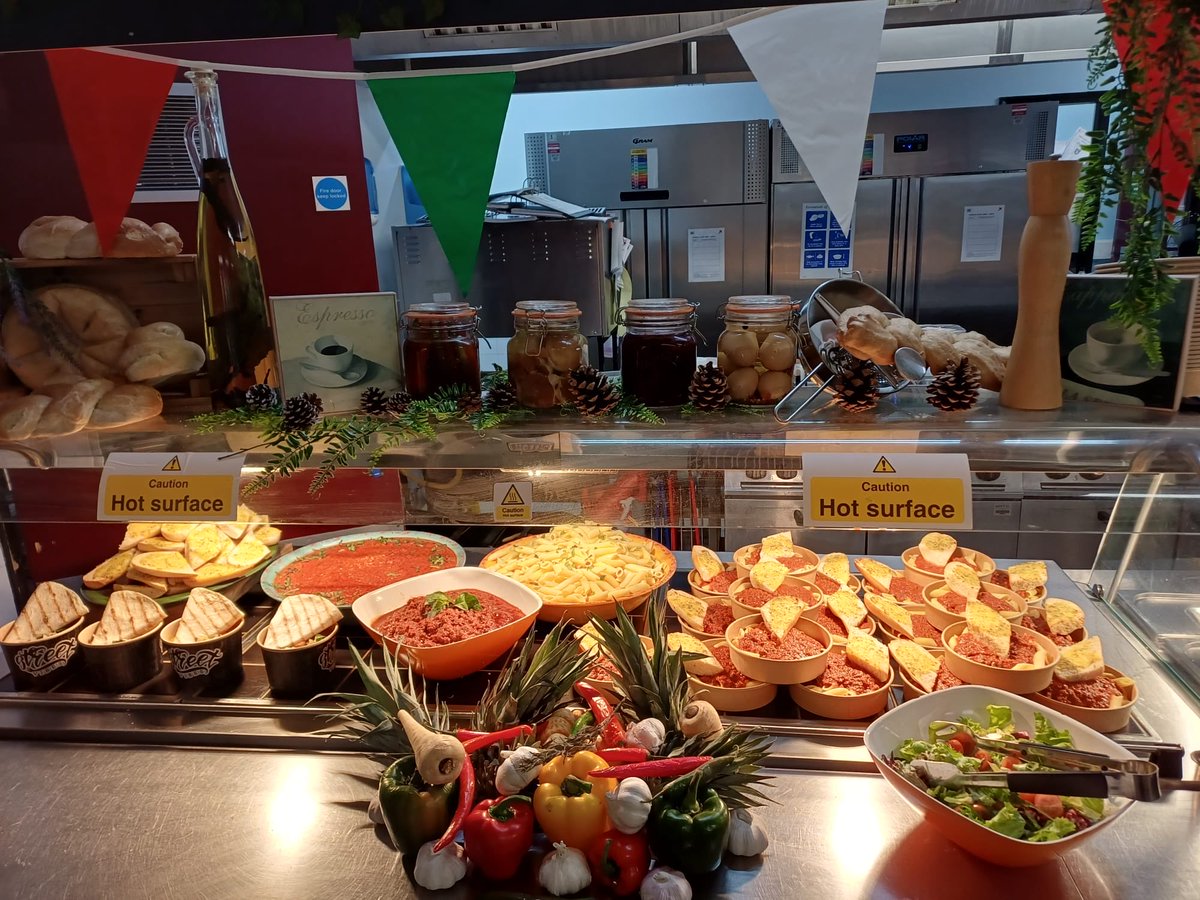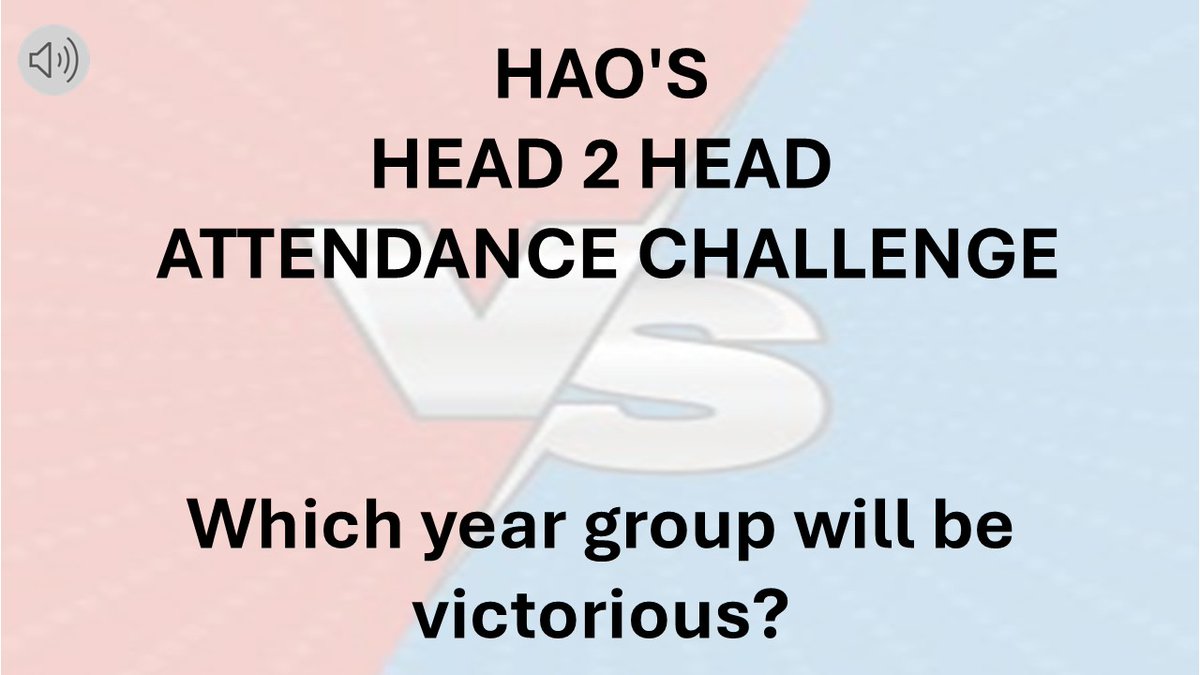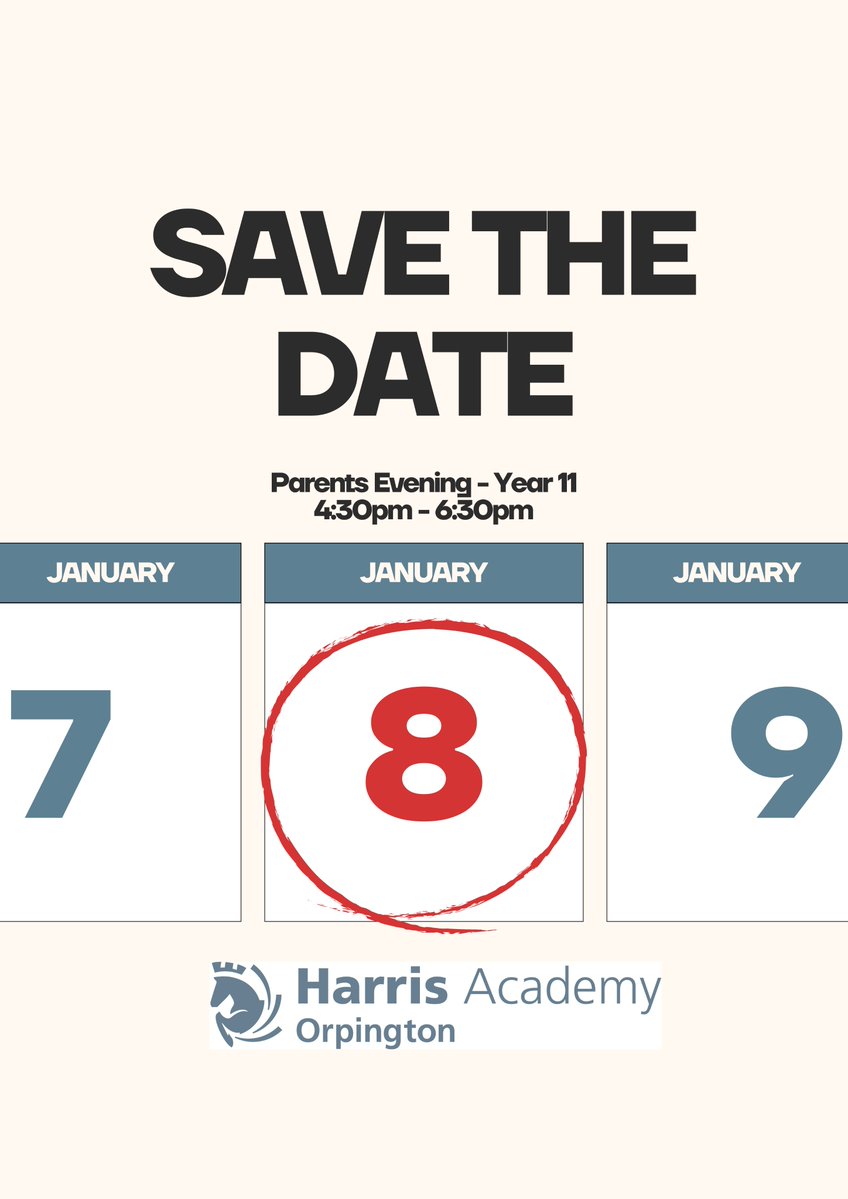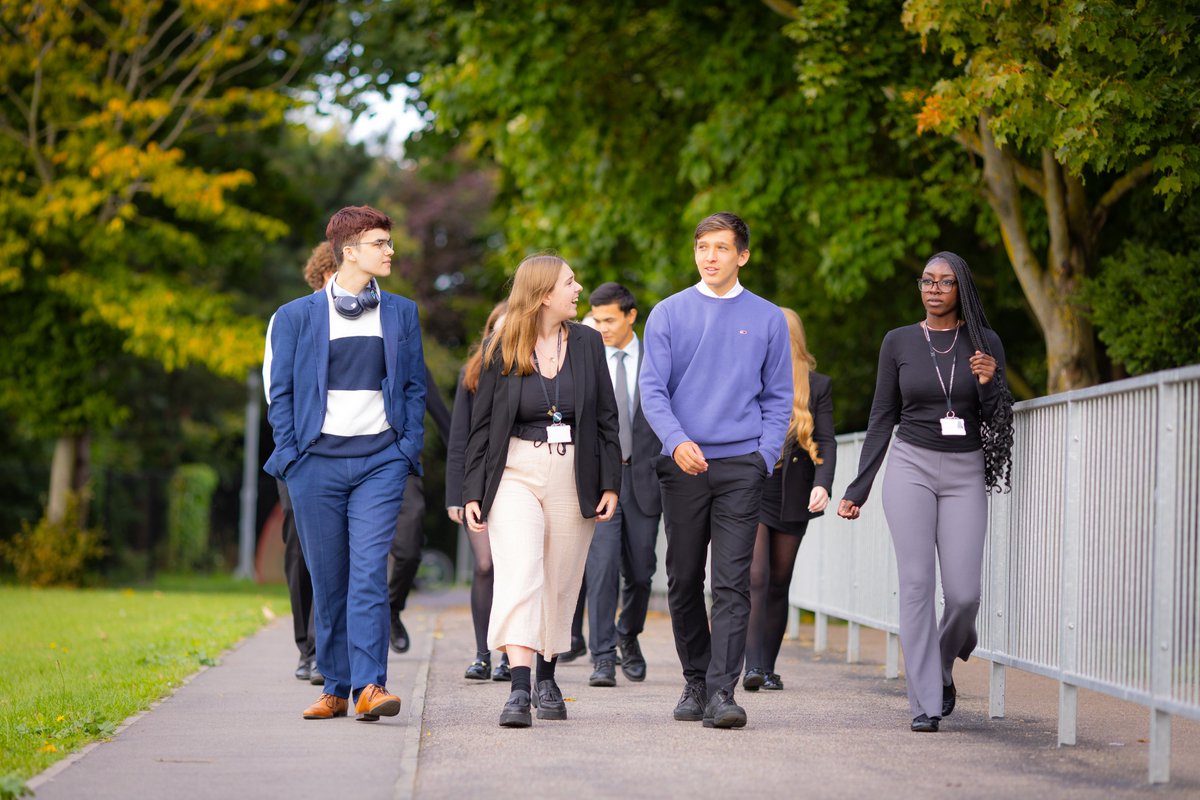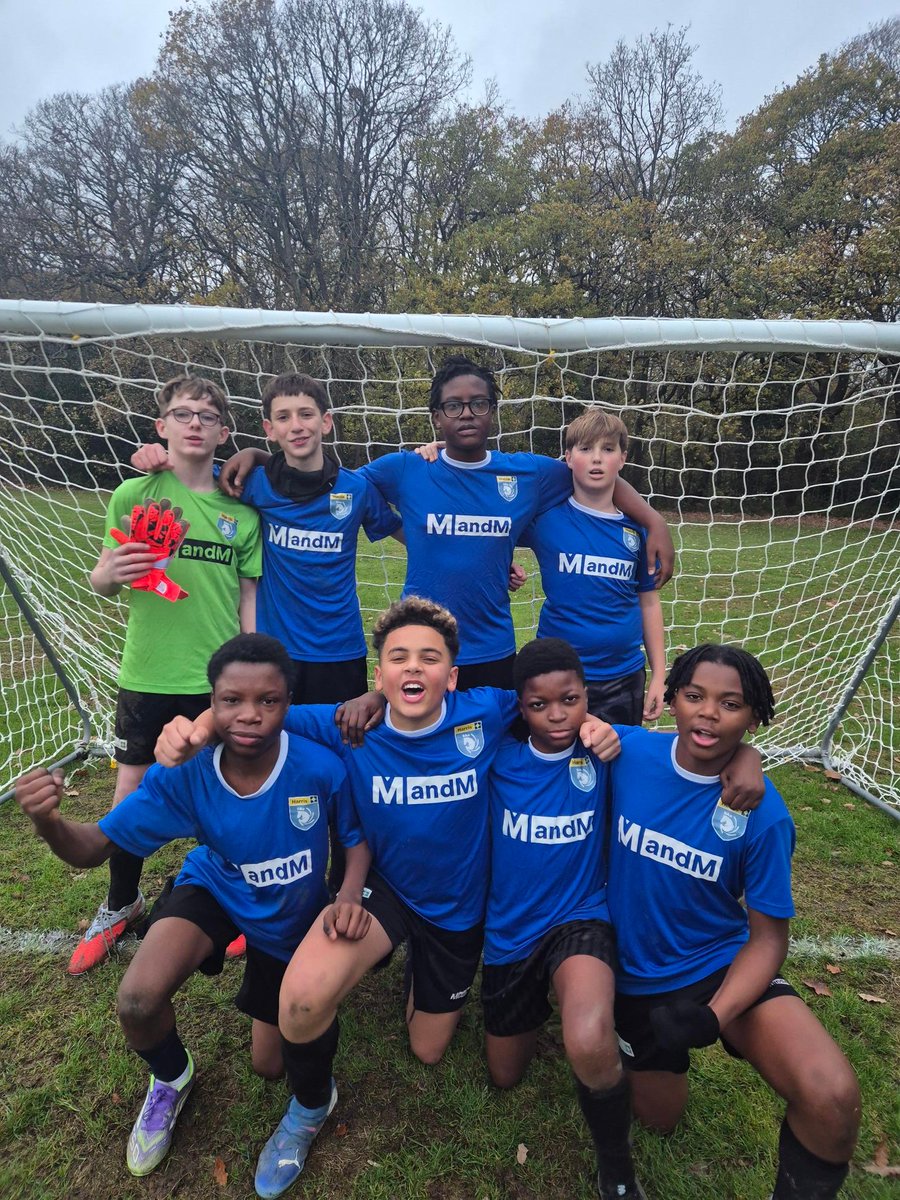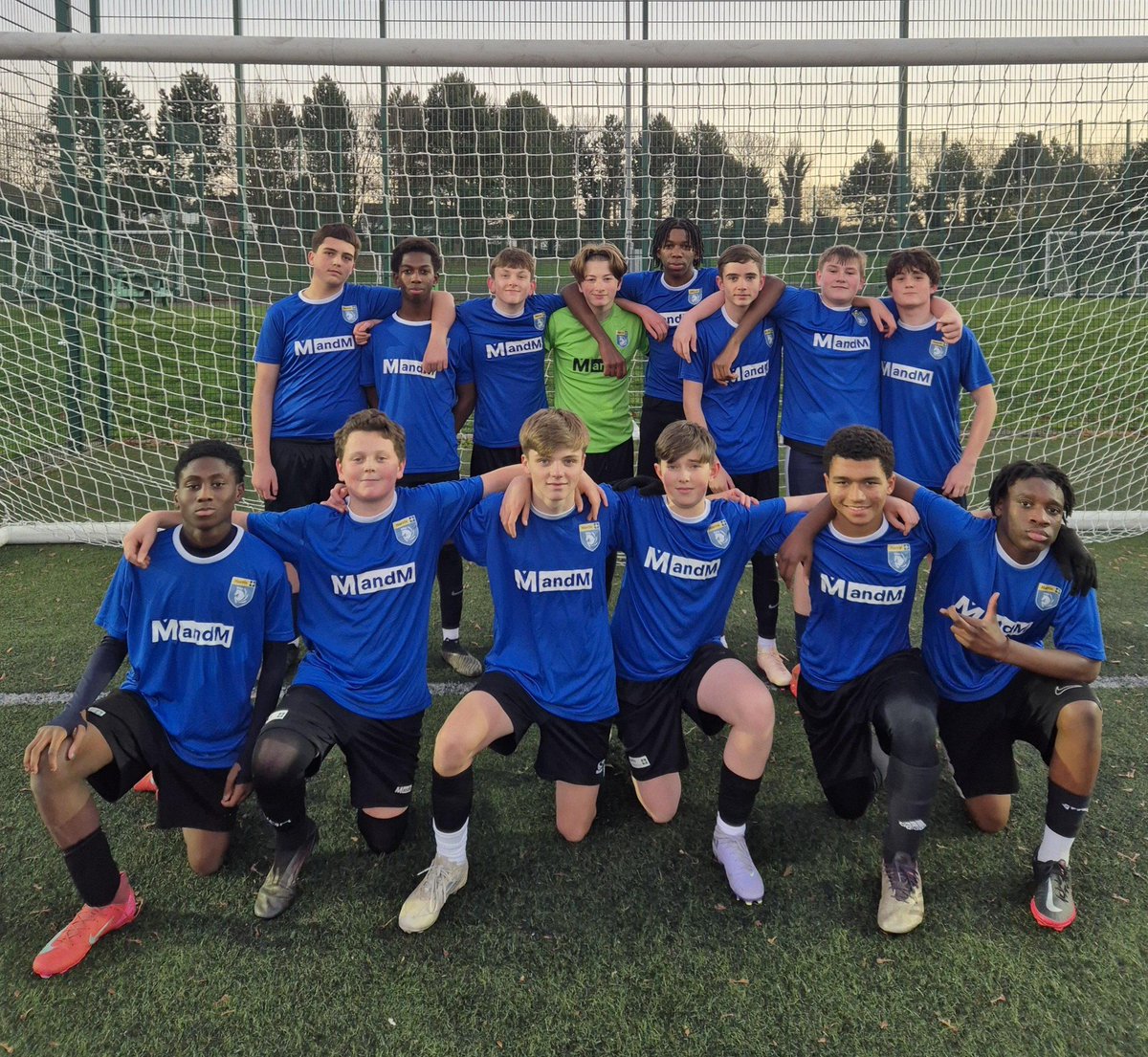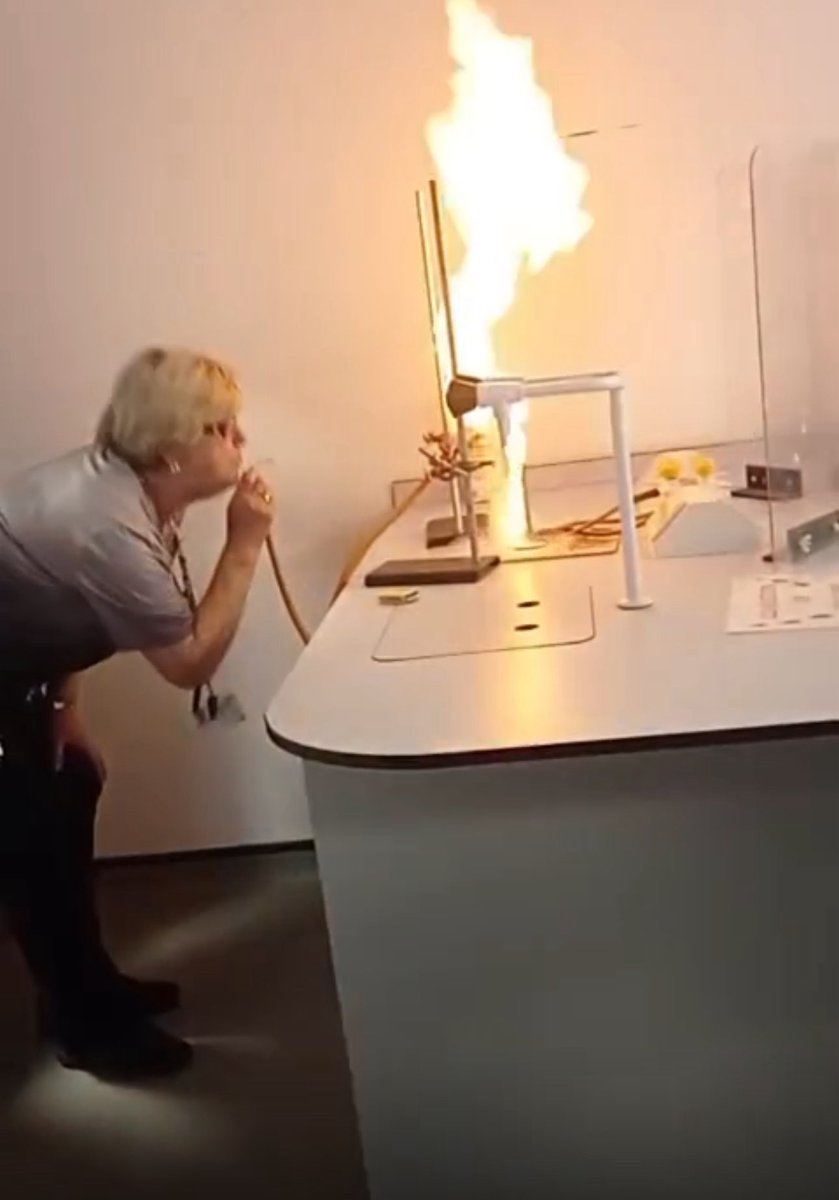History
What is the intention of our KS3 curriculum?
At Harris Academy Orpington our vision is clearly communicated to our students. ‘We want you to know stories of the past, explore scholarship and examine sources of Britain and the wider world. You will be curious and critical of the diverse and changing world around you and the impact you can make upon it’.
The history curriculum at Harris Academy Orpington will:
- Increase knowledge of historical periods, people, trends and events - both to develop and retain a rich knowledge of the past
- Increase disciplinary knowledge by engaging students with latest scholarship, historical sources as well as varied and changing interpretations of the past
- Ensure that knowledge is retained through a planned curriculum, chronologically sequenced and driven by historical enquiries
- Ensure students are able to communicate their understanding of the complex past using subject specific language to enable them to construct written and verbal responses
- Ensure that the curriculum we deliver gives students the opportunity to study an overarching narrative of British history in relation to the local, national and wider world
- Interweave diverse histories which speak to our student’s own identities and gives them a greater sense of place and belonging within the world they live in
Through doing this, students will gain ownership of their skills and understanding of the discipline of history and its importance in every individual’s life.
How will this be implemented?
We teach all topics through historical enquiries focused around a second-order concept, such as ‘historical significance’. These explore local, national and world histories, putting an emphasis on the discipline of history and the complexities of the past. We strive to make our curriculum diverse and representative of all protected characteristics. Additionally, students celebrate, commemorate and participate in history beyond the curriculum with our KS5 fellowship programme, termly competitions, educational visits, assemblies and national awareness days.
The topics covered at KS3, KS4 and KS5 are as follows:

How will we judge the impact of the curriculum?
As a department, we judge the impact our history curriculum has on all students through our Monitoring, Evaluation and Review (MER) process for the department. This process has been designed to maintain the consistency of quality teaching and the effectiveness of the history curriculum using summative and formative assessment, lesson drop-ins, book looks and discussions with students. This helps to further develop the history curriculum in the long-term.
Additionally, the impact of the history curriculum is judged through Federation-wide summative assessments twice a year. This means that students’ progress can be analysed, in relation to thousands of other history students across London. This helps inform conversations around curriculum and ongoing professional development of the department. We use varied styles of formative assessment throughout our lessons and at the end of each historical enquiry.
Students receive feedback in line with Harris Academy Orpington’s feedback and marking policy. Within history, we ensure students receive constructive feedback on their substantive and disciplinary knowledge. Students are given opportunity within lesson time to discuss their feedback with their teacher, redraft their work and therefore improve.

